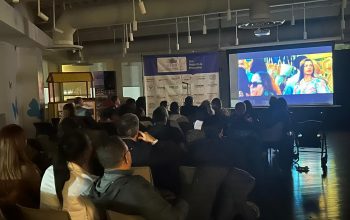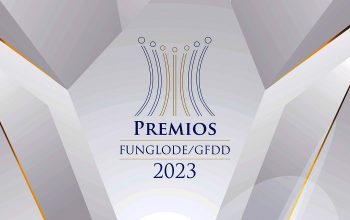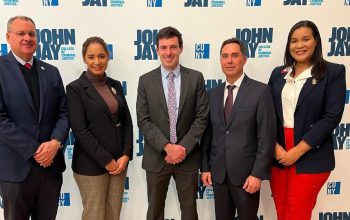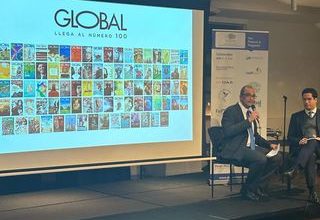news
Taxes Are an Antidote to Aid Dependence and a Solution to Sustainable Growth Says United Nations Official during GFDD’s Global Roundtable
August 7, 2013
Michael Lennard, Chief of International Tax Cooperation and Trade in the Financing for Development Office (FfDO) of the United Nations, joined GFDD at its broadcast program for an interesting discussion on international tax matters, and asserted that taxes are an antidote to aid dependence and a solution to sustainable growth.
Too often, taxation is seen as a complicated and obsolete science, only grasped by specialists. This Global Roundtable reminds us
that taxes are a tangible solution for sustainable growth since they provide governments with the funds needed to invest in development, relieve poverty and deliver public services.
As an example on how tangible tax matters are, Mr. Lennard introduces, explains and illustrates the concepts
of Transfer Pricing and of Double Tax Treaties, two major regulations that constitute an important legal framework for international exchanges of goods and services.
Indeed, rapid advances in technology, transportation and communication have given rise to a large number of multinational enterprises (MNEs), which have the flexibility to place their enterprises and activities anywhere in the world. This explains why a significant volume of global trade nowadays consists of
international transfers of goods and services, capital (such as money) and intangibles (such as intellectual property) within an MNE group; such transfers are called “intra-group transactions” and they account for more than 30 % of all international transactions.
Put simply “Transfer Pricing is the price at which multinationals conduct transactions within them.”
Michael Lennard
also introduced to our audience the concept of Double Tax Treaties, which are bilateral agreements between two countries that avoid double taxation on the same declared income and enhance the countries investment policies.
Michael Lennard, Chief of International Tax Cooperation and Trade in the Financing for Development Office (FfDO) of the United Nations
As Mr. Lennard explained, there are two major global institutions working on Transfer Pricing, Double Tax Treaties and other tax matters. The first is, the Organization for Economic Co-operation and Development (OECD), where Lennard previously worked as a tax treaty advisor and the second is the United Nations (UN), where he is currently working as the head of the tax department.
Together, these two organizations are
the source for most of the over 2,500 tax treaties currently in force. Both institutions work on creating an effective set of tools to encourage all interested organizations operating in the tax field to work together. Nevertheless, as Mr. Lennard pointed out, the two organizations have a different but complementary approach to taxation, which causes a tendency for the UN Model to be relied on more by developing countries, while developed nations depend
more on the OECD Model.
After illustrating with concrete examples the bipolarity of the taxation environment, Michael Lennard also talked about civil society’s role and how new bridges between NGO’s and experts committees are being built through international forums. To demonstrate this he mentioned GFDD and FUNGLODE’s participation at the last expert group meeting on extractive industry taxation, in which Germania Montas gave the keynote
address, and encouraged us to continue active participation in this inclusive process.






